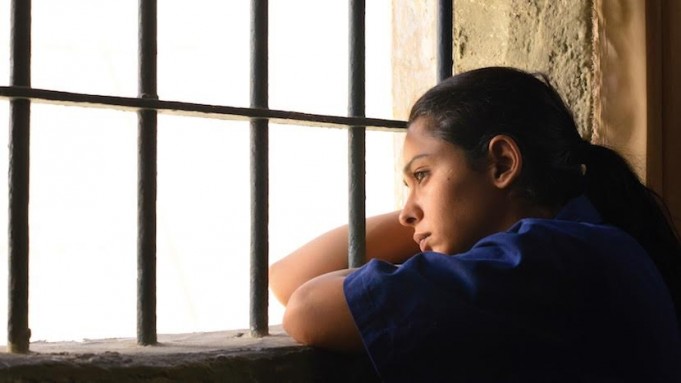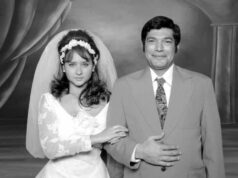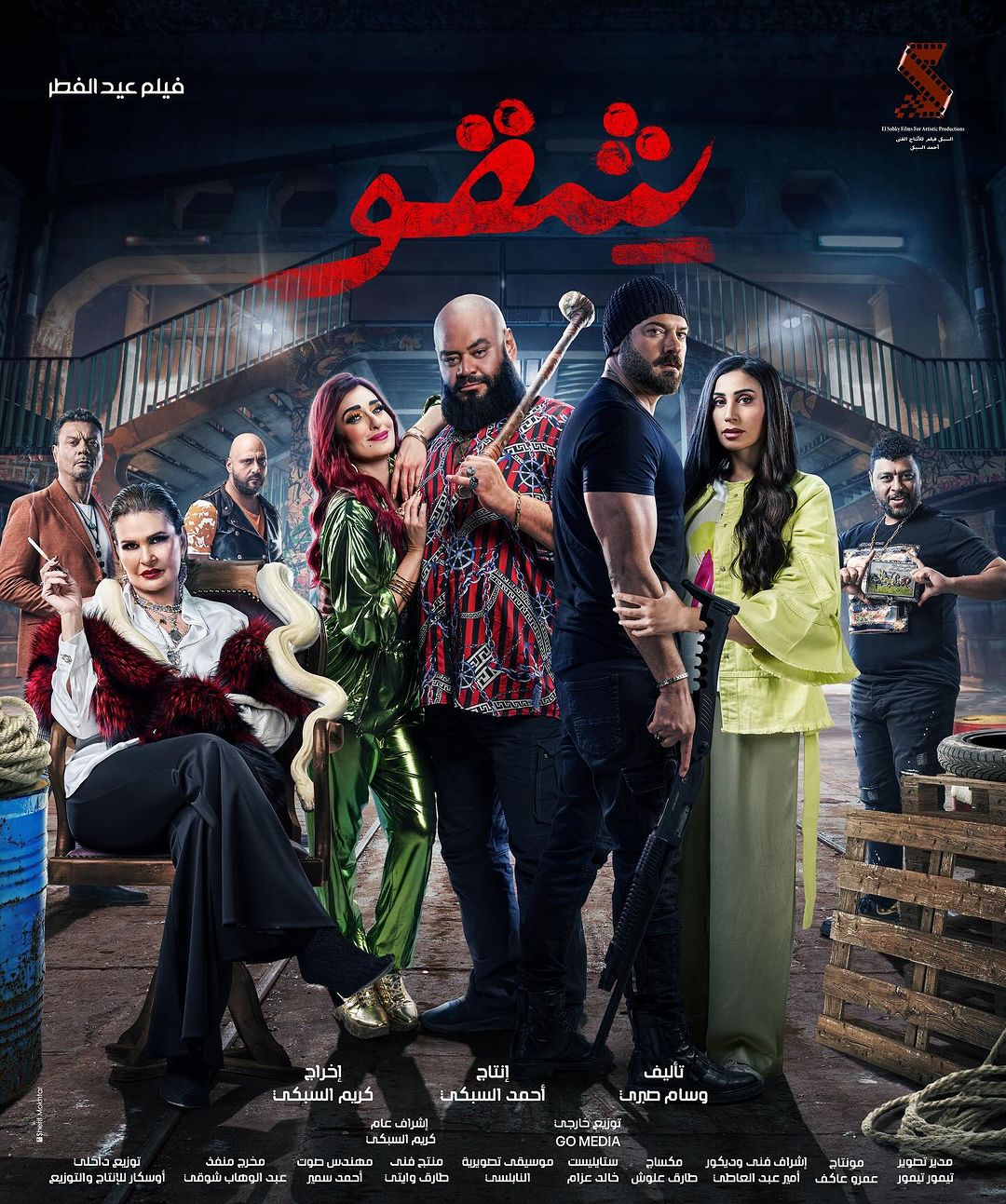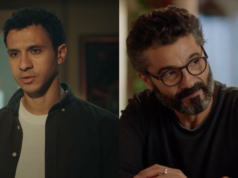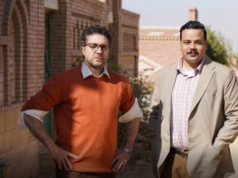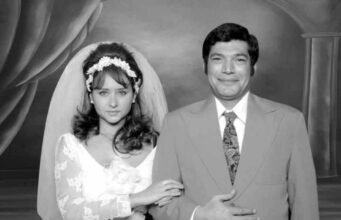It is not unusual for audiences to watch a film with a full or almost all female cast, and that is the case here. But what about the crew behind the scenes? Does it make a difference if they’re an almost entirely female crew? Well, that applies to the Palestinian film 3000 Nights, directed by Mai Masri, which was launched in Arab cinemas at the end of March.
Director Mai Masri’s 3000 Nights revolves around a young Palestinian schoolteacher (Maisa Abd Elhadi) who gives birth in an Israeli prison. Through her struggle to raise her son behind bars, and her relationship with the other prisoners, she manages to find a sense of hope and a meaning to her life. Due to the nature of the plot, it makes sense for the cast to be mostly female, apart from a few exceptions due to necessity. Behind the scenes, there was Mai Masri and numerous other women who contributed to the film as well.


The idea for 3000 Nights began several years ago when director, Mai Masri was shooting a film in her hometown, Nablus during the first intifada where she met a young Palestinian woman who had given birth to a baby boy in an Israeli prison. Masri spent several months interviewing Palestinian women prisoners, especially young mothers who had given birth to their children in Israeli prisons, “I was fascinated by their experiences and the choices they made. What struck me was not only the harshness and conflicts within the prison walls but also the alliances and solidarity that are forged between the women and how they develop and mature in prison. I was mostly drawn to the human stories, the anecdotes, the imagination and humor. I was intrigued by how they managed to form a community of mothers bringing warmth and magic into the life of a child who knew nothing beyond the prison walls,” says Mai.
Masri worked with 18 actors some of whom were appearing in front of the camera for the first time, while some were already professionals, such as Karim Saleh, Yussuf Abu-Warda, and Ahmad Al Omari. Most of the cast consisted of professional Palestinian actresses, including Maisa Abd, Nadira Omran, Rakeen Saad, RaidaAdon, Abeer Haddad, Anahid Fayyad, Haifa Al-Agha, alongside first time actresses:
Khitam Edelbi, Hana Chamoun, Izabel Ramadan, and Laura Hawa.
Mai’s daughters also took part in the film. Hana played the role of the teenage Palestinian captive Fidaa, while Nour played a strict security officer. “This was an emotional and exciting experience for me as a mother and director at the same time, especially while filming violent scenes of the prisoners rebelling,” says Mai.
The powerful female element was also apparent in the production process led by Sabine Sidawi and Charlotte Uzu, in addition to the artistic work, which was handled by film editor Michèle Tyan and sound designer Rana Eid.


“Working with an almost all-female cast was a special and amazing experience that gave the film a distinct energy. The challenge for me was to push them to give the best they can while maintaining their spontaneity. The actors I casted had a strong connection with prison either directly through their own experiences or through their parents, siblings or relatives. As a matter of fact, almost 20% of Palestinians have been detained in Israeli prisons at one time or another. The actresses each brought something special to their role by tapping into their own experiences. They also researched the background of their characters and met some of the former women prisoners. This gave them an important insight into the mindset and experiences of the characters they were portraying,” remarks Mai.


